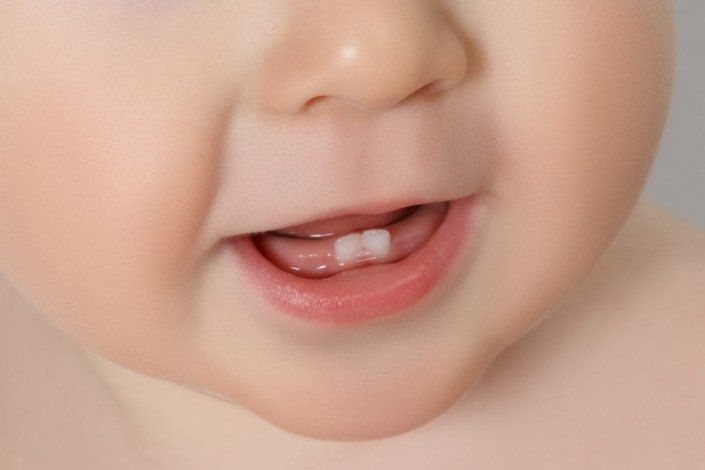Oral Hygiene: How exactly to Care for YOUR CHILD’s The teeth
Healthy the teeth are important to your child’s general health. They help your child eat and form noises and words. In addition they affect the method your child’s jaw grows. Good oral treatment helps established good oral habits as your child grows. Poor oral treatment can result in infection, disease, or some other teeth problems.
Way to improved wellbeing
Generally, baby teeth begin to appear between 4 and 7 months outdated. But each baby differs. The first teeth ahead in are generally the two 2 bottom front tooth.
The process of one’s baby getting the teeth is called teething. Whenever your baby begins teething, you may observe that they drool even more or desire to chew on items. For a few babies, teething could be pain-free. For others, their gums could be sore. They might be fussy. Other outward indications of teething are lack of appetite and sleep problems.
These tips might help relieve your child’s distress.
- Provide your child a cold teething band or a cool washcloth to chew or suck on.
- Rub your child’s gums with a clear finger.
- Inquire your physician if your baby might have baby acetaminophen (one brand: Tylenol). Usually do not give your child aspirin. Aspirin could cause Reye’s syndrome, a significant illness that can result in death in kids under 18 yrs . old.
- Request your doctor before making use of teething gels or capsules.
Teething doesn’t have to hinder breastfeeding. You can continue steadily to breastfeed your child as usual after they begin teething.
Clean your child’s tooth and gums with a wet washcloth or gauze. Do that at least once each day or after feedings. As soon as your baby starts to obtain teeth, clean their the teeth and mouth at the very least twice a day time. Whenever your child is one to two 2 years old, change to a soft infant toothbrush with water. Put in a little dab of toothpaste that will not have fluoride inside it. This kind of toothpaste is secure for the child to swallow. Brush your child’s tooth at the very least twice a time. You also should begin using floss in between your child’s the teeth
Points to consider
- Always keep your child when you provide them with a bottle. Usually do not depart a bottle in the crib. Don’t let your baby drift off with a bottle. The milk can gather in your child’s mouth area and result in tooth decay.
- Usually do not give your child a sippy mug of fruit juice or milk in the crib. Your child can start utilizing a sippy cup if they are about six months previous. Stop giving your child a bottle if they are 12 months old. Don’t let your baby stroll around with a sippy glass unless it has just water inside it.
- As soon as your child is 12 months old, provide them with water or basic milk between meals rather than other drinks. Only provide them with fruit juice or flavored milk with foods. Fruit juice and flavored milk possess plenty of sugar inside them.
- It is possible to give your child a pacifier, but only once needed. Make an effort to stop utilizing a pacifier around age group 2. The same age group applies for children who suck their thumbs. Prolonged usage of a pacifier or thumb sucking could cause issues with teeth alignment. Speak to your physician about which kind of pacifier you need to use. Always utilize a clean pacifier. Usually do not dip it in honey or another compound that has glucose.
When to see a medical expert
Your child should visit a dentist for to begin with their first birthday. That is important if they’re at risky for cavities or additional teeth problems. It is possible to choose a dental practitioner that specializes with children.
Teething shouldn’t result in a fever. Call your physician if your baby includes a fever.
Queries to ask your physician
- What are different ways to sooth my infant during teething?
- How do you know if my child is at danger for cavities or various other teeth problems?
- When may i begin using toothpaste with fluoride?
- How do i stop my infant from sucking its thumb or seeking a pacifier?
